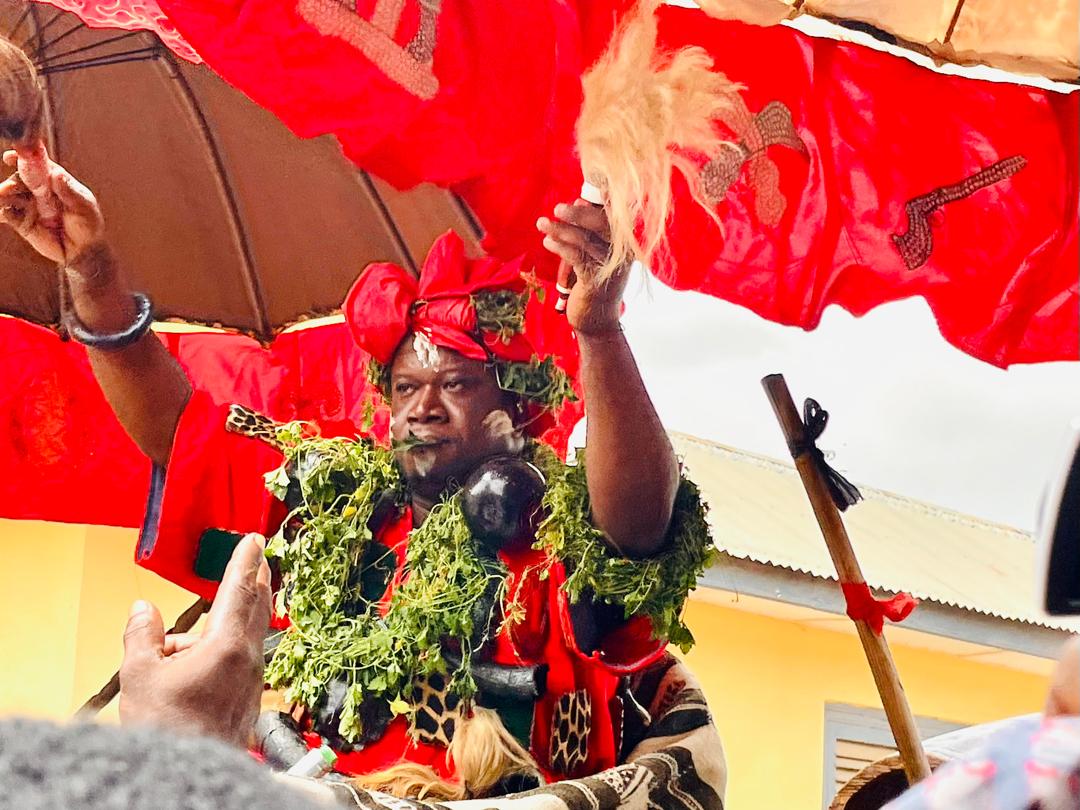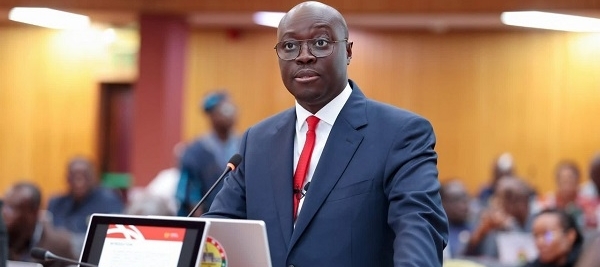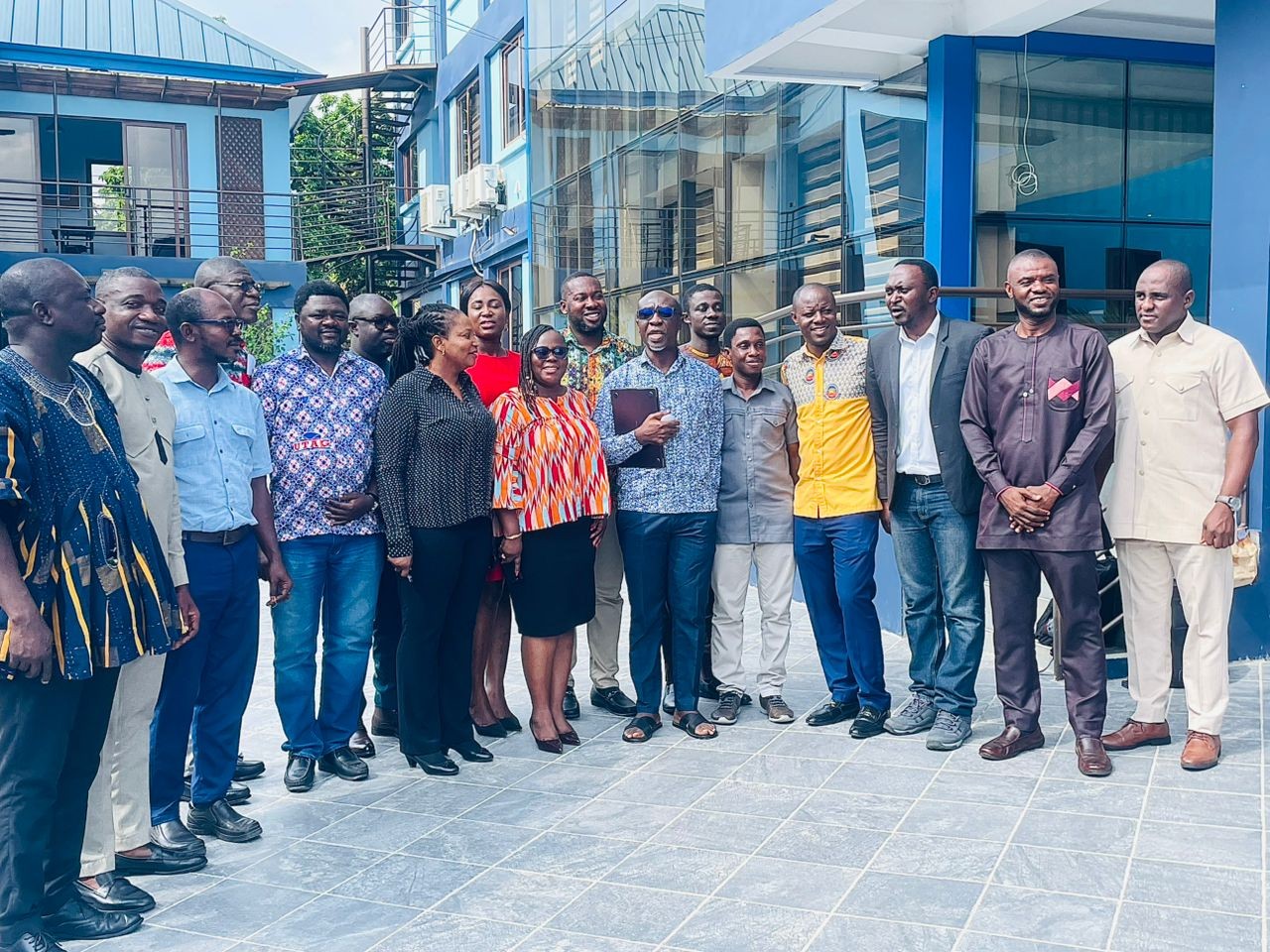In a landmark cultural ceremony that blended tradition, history, and leadership, Ahunabobrim Akuamoah Kwao II, Kyidomhene of the Boso-Gua Traditional Area, on Saturday, led the final ancestral funeral rites for 25 departed chiefs and one queen mother who had, over generations, occupied the sacred Amoakarle Stool.
The ceremony, held from 19th to 20th July in Boso in the Eastern Region, drew traditional leaders, community elders, cultural custodians, and citizens from across the country. It marked the first time in over a century that such a comprehensive ancestral rite had been performed in the traditional area.
Ahunabobrim Akuamoah Kwao II, who ascended the Amoakarle Stool following the burial of his immediate predecessor, explained the significance of the event, noting that it fulfilled both cultural and historical obligations.

“Tradition demands that every newly enstooled chief perform the final funeral rites of his predecessor,” he said. “But after consultations with my elders, it became clear that many of our former chiefs had not been properly honoured for decades. This ceremony restores that balance.”
He emphasized that the rites were not only for his immediate predecessor but for all who had occupied the stool without receiving proper ancestral honours. “This is about restoring balance, respect, and continuity,” he declared.
The 25 chiefs honoured date as far back as the 1880s, from the era of Nana Akuamoah Kwao I to the late Nana Adu Ntow. According to the Kyidomhene, each of them played a vital role in shaping the cultural identity, unity, and stability of the Boso-Gua people.
Ahunabobrim used the occasion to call for a revival of traditional values, community solidarity, and national pride in Ghanaian culture.

“We have drifted from the values our ancestors upheld. We now raise children in isolation, replacing community care with individualism. In our time, neighbours raised each other’s children, and elders could correct the youth without fear. Today, our young people feel unseen and unloved—this is at the heart of our social crisis.”
He warned against uncritical imitation of Western individualism, reminding the public that Ghana’s strength lies in its communal roots.
“Our culture is founded on shared responsibility, empathy, and connectedness. If we abandon these values, we risk losing not just our heritage but our future,” he said.

The Kyidomhene also paid tribute to his namesake, Nana Akuamoah Kwao I, describing him as the founding father of modern-day Boso who led the historic migration from Doma and established the community.
“Though undocumented, our ancestors had a vision for development, peace, and growth. My duty is to carry that vision forward. Boso means ‘on top,’ and that is where we must remain,” he declared.
He further appealed for government and stakeholder support to address the development needs of the Boso-Gua Traditional Area.

“Our ancestors left us a roadmap. But we must combine that wisdom with modern partnerships to transform our community. We call on the government, NGOs, and all stakeholders to support our vision.”
The ancestral funeral featured rich displays of cultural heritage, including traditional drumming, dancing, and regal pageantry, showcasing the enduring legacy of the Guan people. The ceremony was part of the Boso-Gua Traditional Council’s broader efforts to honour its storied past while laying a foundation for a united and progressive future.
A unity thanksgiving service was held the following day in honour of the late Abrempons (chiefs) of the Kyidom Division. The service, which attracted a large and supportive crowd, reflected the collective desire of the chiefs and people of Boso-Gua for a peaceful resolution to longstanding chieftaincy matters and the restoration of harmony in the area.

Despite the cultural richness and orderliness of the event, the Kyidomhene reiterated concerns over the underdevelopment of the Boso-Gua Traditional Area, calling for urgent attention and collaborative solutions.
This historic occasion stands as a powerful testament to Boso-Gua’s enduring reverence for tradition and its commitment to preserving its cultural identity for future generations.

Full List of Honoured Late Abrempons (Chiefs) and Queen Mother of the Kyidom Division:
Nana Akuamoah Kwao
Nana Asuman
Nana Takyi Asare
Nana Somee
Nana Amoah
Nana Adu Ntow
Nana Addo Kwame
Nana Kwao Aboagye Afari
Nana Koli
Nana Obese Kyereamono
Nana Kwaku Tente
Nana Obese Aku
Nana Kwaku Abankwaa I
Nana Aburam I
Nana Afunya Kwao
Nana Adom
Nana Addo Kwame II
Nana Abankwaa Ababio II
Nana Kwame Kuma
Nana Obisaw
Nana Abankwaa Ababio III
Nana Addo Ababio
Nana Buadu Aburam II
Nana Yaw Addo III
Nana Yaw Ansah Asuman II
Nene Asantewaa Aburam I (Queen Mother)












